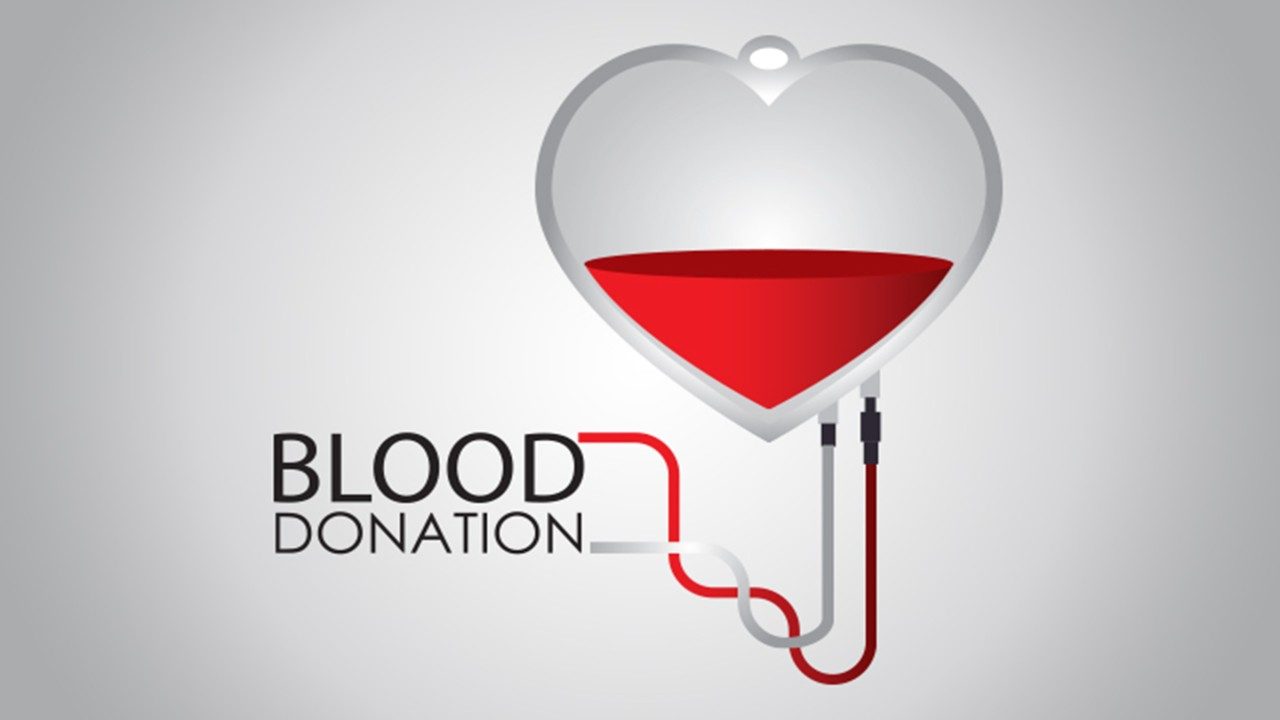National Voluntary Blood Donation Day 2021: 1st October is celebrated as the National Voluntary Blood Donation Day in India to recognise and commemorate the immense contribution made by Dr Jai Gopal Jolly on his birthday. The following is a brief note of the contribution of the man who is regarded as the “Father of Transfusion Medicine in India”.
Dr. J. G. Jolly (born 1 October 1926, died 5 October 2013) is an Indian physician and Emeritus Professor of the Department of Transfusion Medicine at the Post Graduate Institute of Medical Education and Research, Chandigarh, India.
He was an internationally known expert in the field of blood transfusion, who pioneered the voluntary blood donation movement in India, and is regarded as the “Father of Transfusion Medicine in India”.
He spearheaded the campaign to prohibit sale and purchase of blood from professional donors in India, which was later incorporated into the National Blood Policy of India by the Government of India. He has generated awareness among the masses about the significance of blood donation programmes by observing “Blood Donation Day” on 1 October. This has helped in obtaining adequate quantities of quality blood from voluntary donors. His dedicated work has contributed magnificently to the development and excellence in professional service, research and teaching in the field of Transfusion Medicine in India.
He was the founder of the Blood Bank Society, Chandigarh, founder President of Indian Society of Blood Transfusion and Immunohematology and made significant contributions to the development of Blood programmes in India. As a result of his contributions, he represented India in numerous International Delegations as well as scientific conferences. During the course of these visits he got the opportunity of studying the blood transfusion programme in different parts of the world for revamping the organisational set up in India. On the completion of his assignment at the PGI, Chandigarh he joined SGPGI Lucknow to establish a department of excellence where he introduced postgraduate degrees in Transfusion Medicine for the first time in India. He then provided consultation to the Government Medical College, Chandigarh.
In his last years, he concentrated his activities primarily towards the academic development of transfusion medicine and to provide free factors to haemophiliacs. He also advocated “screening of parents and unborn babies for thalassaemia in India”. He has emphasised the need for the provision of more advanced facilities for the preparation of blood components in India. He has worked to meet blood requirements during disasters. Being associated with the National and State Blood Transfusion Councils of Punjab, Haryana and Chandigarh he has continued his efforts in the development of Transfusion services in the region. He was also instrumental in setting up a department of Transfusion Medicine, having well established units for blood components at the newly established Government Medical College, Chandigarh. As an international expert on Blood Transfusion Medicine, he has reviewed Strategies for Safe Blood Transfusion for the World Health Organisation, and has written over 100 scientific articles in international journals.
As a result of his innumerable contributions in this field Dr. Jolly is recognised as the leader of blood banking in India. Among the numerous distinctions conferred on Dr. Jolly are the J. G. Mukherjee gold medal by the Lucknow University for distinguished research contribution (1958), Dr. B. C. Roy National Award for the development of the speciality of Blood Transfusion in India (1981), Philip Levine Memorial Award for national contributions in Transfusion Medicine (1993) and IDPL Diamond Jubilee IMA Oration Award (1996). He was also awarded by The Chandigarh Administration on the Republic Day of India for social service and illustrious achievements in the field of blood donation. The fact that the speciality of blood transfusion has begun to be recognised in India can be attributed to the sustained effort of Dr. Jolly. He has been accorded recognition by the World Health Organisation, International Society of Blood Transfusion and World Federation of Hemophilia.
National Voluntary Blood Donation Day is celebrated in India on 1st of October every year to share the need and importance of the blood in the life of an individual. It first started celebrating on 1st of October in the year 1975 through the Indian Society of Blood Transfusion and Immunohematology. Indian Society of Blood Transfusion and Immunohematology were first established at 22nd of October in the year 1971 under the leadership of Mrs. K. Swaroop Krishen and Dr. J.G. Jolly.
Objective National Voluntary Blood Donation Day
To make people all over the country aware of the importance of voluntary blood donation.
- To successfully achieve the target of Voluntary Blood Donation to fulfill the urgent need of the needy patients.
- To store the blood in stock in blood banks for any urgent and serious requirement.
- To promote and emphasize the self esteem of blood donors through a lot of thanks.
- To motivate and encourage people who are not interested in donating blood even being a healthy person.
- To stimulate people to donate blood voluntarily who are interested in donating blood only to their relatives or friends.
Transfusing or donating blood or its components to the needy person has become a very important part of humanity in the modern health care system. It does not matter who is the blood donor or blood receiver, a donor can be a receiver in the future as well as a receiver can be a healthy donor in the nearest future. So donating blood without any expectation is the great humanity and vital part in the life saving process. Do not donate blood only to your relatives or friends, donate blood voluntarily for any human being is the real humankind as it can save many lives.
In order to prevent the blood transmitting diseases through the blood transfusion, it becomes very mandatory to carefully investigate (through the advanced testing techniques like nucleic acid testing) the every unit of collected blood to prevent the life threatening diseases such as the AIDS, syphilis, Hepatitis-B, Hepatitis-C, malaria and many more. Blood donation should be encouraged by the voluntary blood donors only as their blood is safe instead of professional or paid blood donors. Voluntary blood donors never tell a lie and agree for advance testing of their blood as they really want to save the precious life of someone.
To make awareness of blood donation, a variety of events, awareness programmes, camps and supplementary promotional activities are organized in all states at the National Voluntary Blood Donation Day. There are various criteria for the blood donors according to the Drugs and Cosmetics Act 1940. The age of blood donors should be between 18 – 60 years, weight 45 kg or above, pulse rate range 60 to 100/ minute, BP normal, Hb 12.5gm/100ml and body temperature should not exceed 37.5 degree centigrade.
Importance of National Voluntary Blood Donation Day
Blood is a vital component of human life as it provides crucial nourishment to the body tissues and organs. National Voluntary Blood Donation Day is celebrated to bring great changes in the society in order to follow the life-saving measures and prevent the serious illness caused by the violence and injury, child birth related complications, road traffic accidents and many more conditions.
Safe blood donation saves many lives of all ages and from all walks of life every year. The states like Tripura, Tamil Nadu, West Bengal and Maharashtra are considered as the national level voluntary blood donors. Tripura, a North Eastern State of the country, is considered as the highest level of voluntary blood donors (93%) in India whereas Manipur is considered as lowest in the country.
It is necessary to celebrate this day at a great level to remove the ignorance, fear and misconceptions of the general public towards the voluntary blood donation campaign. Voluntary organizations of the country are spending their valuable time and using their resources in order to encourage the students/youths, colleges, institutions, clubs/NGOs, etc.
Criteria for blood donors as per the Drugs and Cosmetics Act 1940:
- Age is between 18 to 65 years.
- Body weight is 45 kg and above.
- Pulse rate 60 to 100 per minute and regular
- Blood Pressure of Systolic 100 to180mm of mercury; Diastolic 50 to100mm of mercury.
- Hemoglobin minimum 12.5gm/100ml of blood.
- Oral temperature should not exceed 37.50C.


















